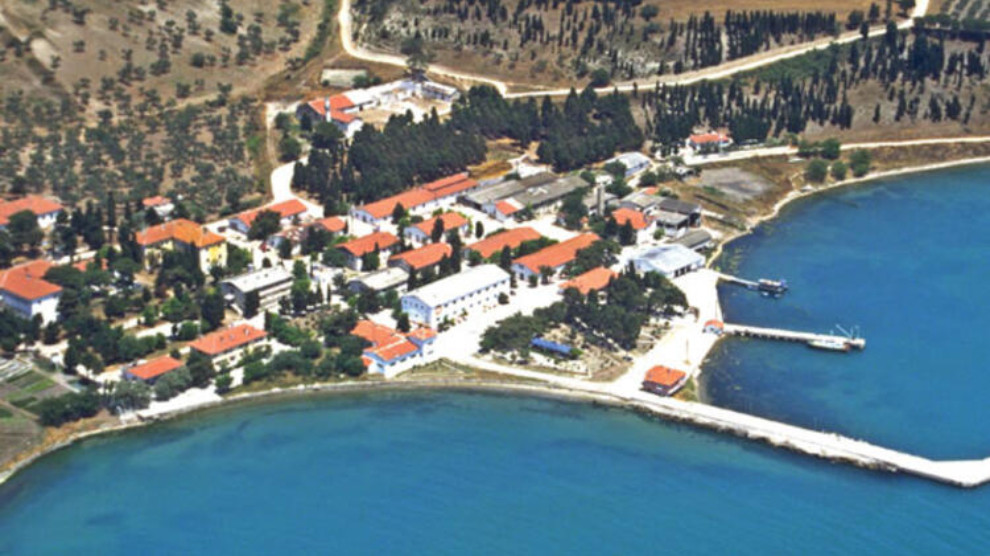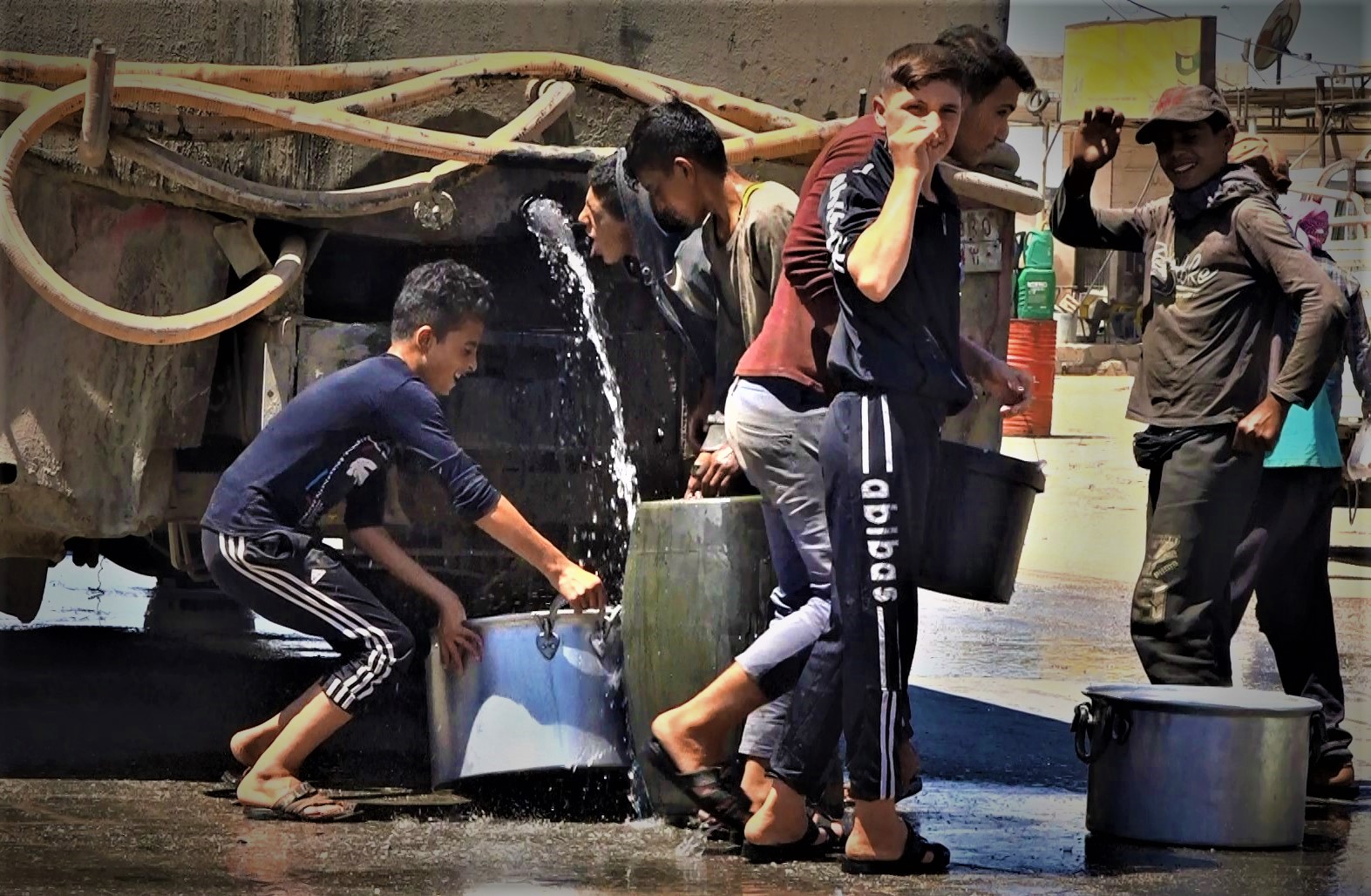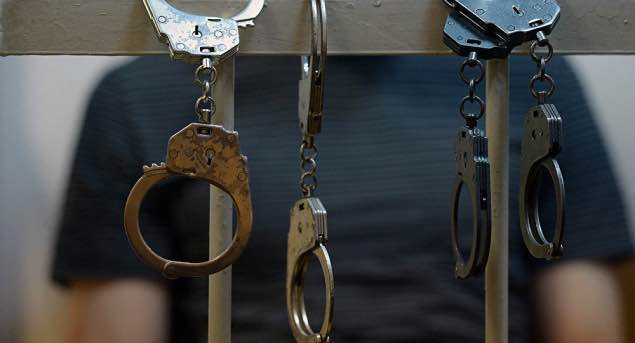Describing the CPT report on Imralı as “deficient”, the Asrin Law Office called on the CPT and all international human rights organisations to put more effective mechanisms into effect and to take on responsibility.
Asrin Law Office, which represents Kurdish people’s leader Abdullah Öcalan and three other prisoners in Imralı Island Prison, has released a statement on the report published by the European Committee for the Prevention of Torture (CPT) on 5 August. Restrictions imposed on Abdullah Öcalan and three other prisoners in Imrali Island Prison are not acceptable, said the CPT report on a 2019 visit to Turkey.
Asrin Law Office stated that the report with deficiencies and a timid language still constituted importance in terms of exposing, once again, the unlawfulness and the torture system implemented on Imralı.
The statement includes the following:
“The report presents very important data under several titles on the practices in place. As is known, the Imralı Prison is a high security detention center managed with a special system. This system, which was first implemented on Imralı and has become a general enforcement system today, is defined as “Aggravated Criminal Enforcement Regime”. In this sense, the European Court of Human Rights also ruled the application on Imralı as a violation of the ban on torture. In addition to its previous reports, the CPT has once again called for a “complete overhaul” of the detention regime for such persons sentenced to aggravated life imprisonment.
Another remarkable aspect of the CPT report is itd exposure of the almost total absence of lawyer and family visits to Imralı since 2011 and 2014 respectively, and the emergence of this issue as a subject of dialogue and discussion between the CPT and the Turkish government. The CPT has indeed defined the total ban on contacts with the outside world of prisoners held at Imralı Prison as “a type of incommunicado imprisonment”. The CPT also noted with great concern that, following the lifting of the state of emergency (in July 2018), all prisoners continued to be denied visits by their lawyers and family members. The CPT report makes clear that such a state of affairs is not acceptable and clearly contravenes various relevant international human rights instruments and standards.
CPT also welcomed the fact that, shortly before the 2019 visit, the judicial ban on lawyers’ visits was lifted and Abdullah Öcalan was granted the first visit by lawyers since July 2011.
During the mentioned period, however, the lawyers’ visit was allowed only after the Ministry of Justice announced that there was no ban in the most critical times of the hunger strike and death fast action which was participated by over three thousand political persons in Turkey’s prisons, outside prisons and all over the world. In fact, the mentioned meetings took place in May, June and August when arbitrary and unlawful disciplinary sanctions were in place, as was also established by the CPT. Lawyers have been denied access to Imralı since August 2019 despite the lack of any legal judgment. It is important in this aspect that the CPT points to the need for a sustainable system of regular visits by family members and lawyers should be developed for all prisoners held at Imralı Prison, and requests the Turkish authorities to provide within three months a response containing a full account of action taken by them to implement the Committee’s recommendations and replies to the comments and requests for information formulated in this report.
Despite the fact that the publication of the CPT reports need to be requested by the governments, the CPT should not forget that it is an institution not for the law of States but the for law of human rights. Despite its efforts to make its confirmation mechanism constantly implementable with diplomatic reasons, the CPT unfortunately neglects its supra-state position. In very deed, the CPT has one single mission; to prevent torture within the European Legal System. This is what is stated in their foundation charter.
On the other hand, the CPT, to our regret, has repeatedly stated fort he past 21 years that they found the Aggravated Enforcement Regime unlawful, and called for a solution through requests. Without doubt, states possess a compelling power, for which reason the history of human rights has developed various and effective mechanisms. The Article 10/2 of the CPT charter grants the right and mission to denounce a member state that persistently engages in violation.
To conclude, the visit and report of the CPT as one of the most efficient institutions authorized to inspect Imralı, are of great importance. This visit has once again proved, although with a diplomatic language, that the Imralı Isolation System is implemented basing on a torture regime. Unfortunately, visits and reports alone fail to reflect the actual dimension in the present situation as unlawfulness and arbitrariness are institutionalized and relevant practices are deepened every day. On this basis, we call on the CPT and all international human rights organisations to put more effective mechanisms into effect and to take on responsibility.”



